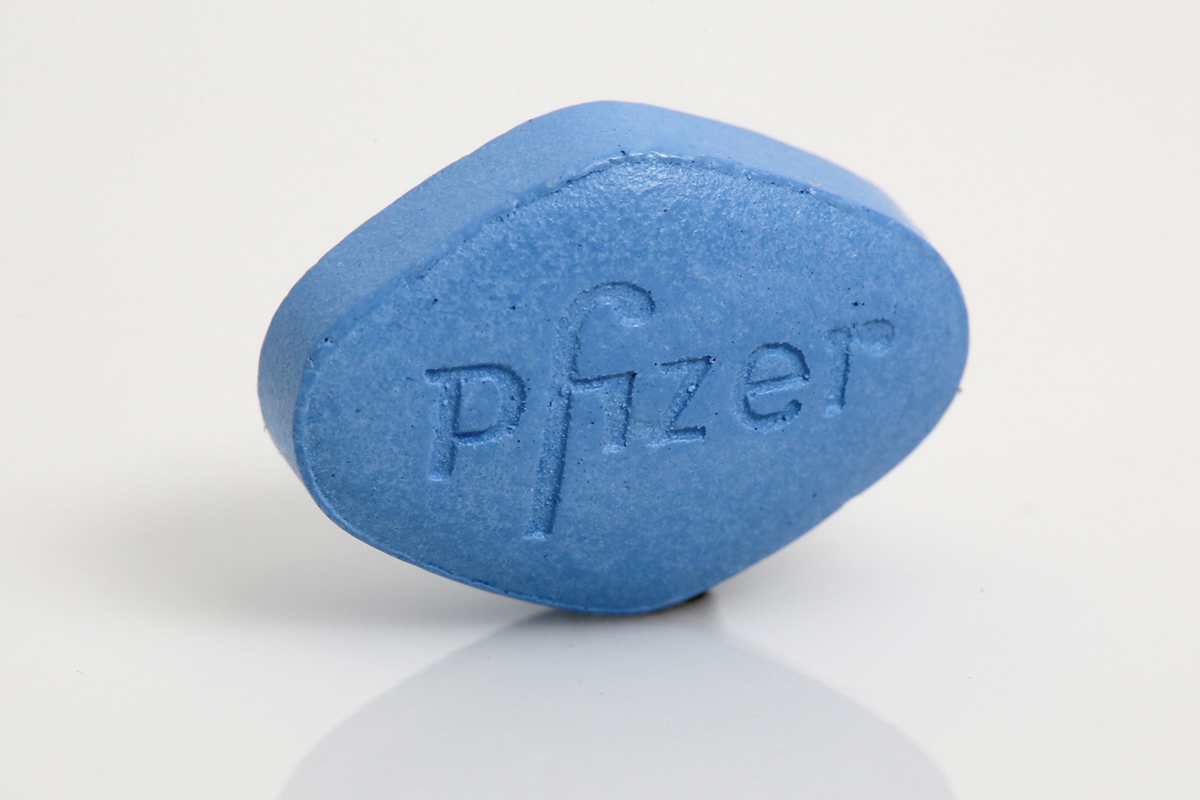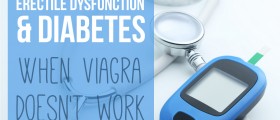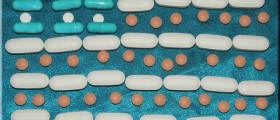
What is Impotence?Impotence is a condition in which a man cannot achieve or sustain sufficient erection for sexual intercourse. Medical term for impotence is erectile dysfunction (ED). Unlike other sexual disorders, erectile dysfunction is not accompanied with a lack of libido or ejaculation disorders. Erectile dysfunction can vary in severity. It can range from complete inability to obtain an erection to incapacity to maintain erection that lasts long enough for satisfactory sexual activity. Due to these differences in severity and reluctance of affected men to seek medical help it is difficult to estimate the occurrence of erectile dysfunction. Yet, scientist have evaluated that impotence affects as many as 30 million men in the U.S.
Impotence can affect men of all age groups although it rarely takes place in younger men while it is common in the elderly. Most men experience impotence at least for a while by the time they reach the age of 45. The Massachusetts Male Aging Study has estimated that the risk of total impotence increases from 5% among men aged 40 and up to 15% among men aged 70 years and older. In clinical trials that included Netherlands population it was found that 20% of men aged between 50 and 54 years and 50% of man aged 70 years and older have experienced some degree of impotence. In several other studies it was reported that around 35% of men aged 40-70 years have moderate to severe form of erectile dysfunction while 15% of men of the same age group suffer from milder form of the condition.
Treatment of ImpotenceThere are many medications available for the treatment of erectile dysfunction (erection-aiding drugs). Following medications are used in the treatment of impotence: Testosterone Oral phospohodiesterase type 5 (PDE5) inhibitors such as sildenafil (Viagra), vardenafil (Levitra) and tadalafil (Cialis) Intracavernosal injections Intraurethral suppositories Sildenafil (Viagra)
The first drug approved by the FDA in the U.S. for treatment of impotence was sildenafil (Viagra). Sildenafil belongs to a class of PDE5 inhibitors and acts by increasing the blood flow in the penis and decreasing the blood flow out of the penis.
This drug is effective in the treatment of erectile dysfunction that develops either due to some medical condition or psychological causes. Men suffering from coronary artery disease, diabetes, hypertension or depression can also use sildenafil for managing the impotence.
Sildenafil is available in a form of tablet that comes in doses of 25, 50 and 100 mg. It should to be taken 60 minutes prior to sexual intercourse on an empty stomach for the faster absorption. Prescribed dose depends on the age, overall health condition and other factors related to a patient. Common starting dose is 50 mg and 100 mg is a maximum recommended dose every 24 hours.
Sildenafil is associated with mild side effects such as headaches, flushing, nasal congestion, nausea, stomach discomfort, diarrhea and abnormal vision. However, these side effects are rarely experienced.

















Your thoughts on this
Loading...